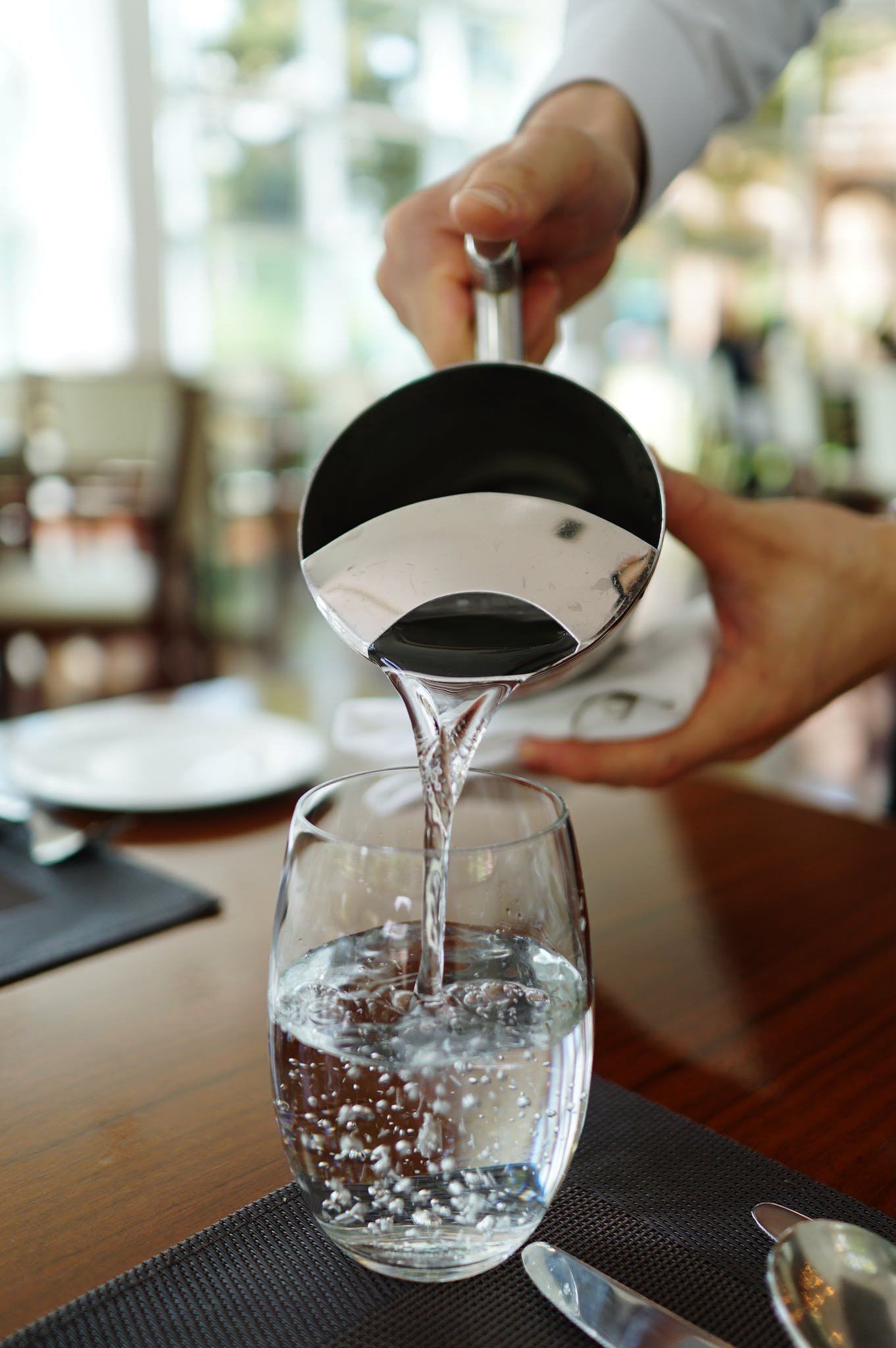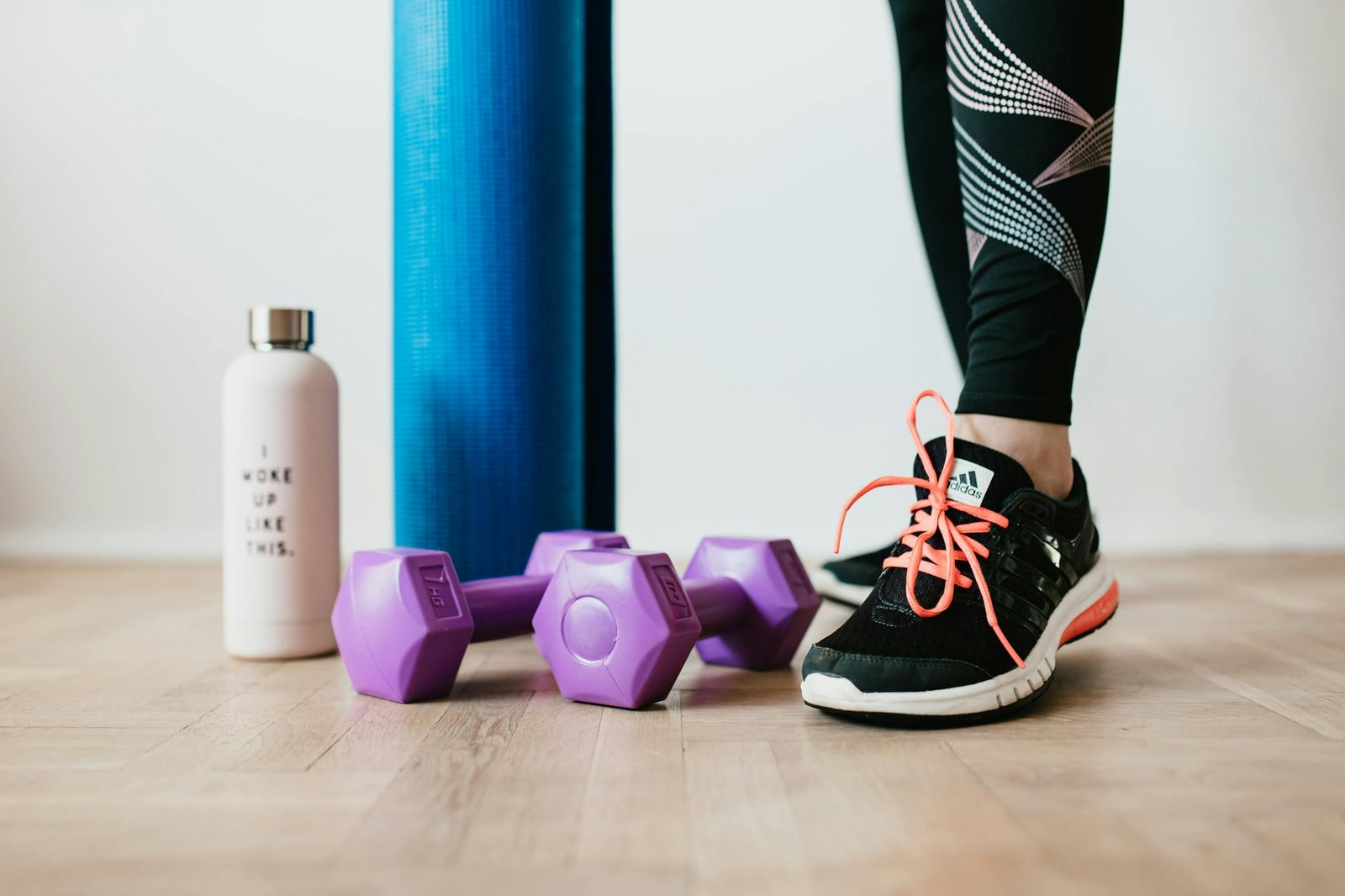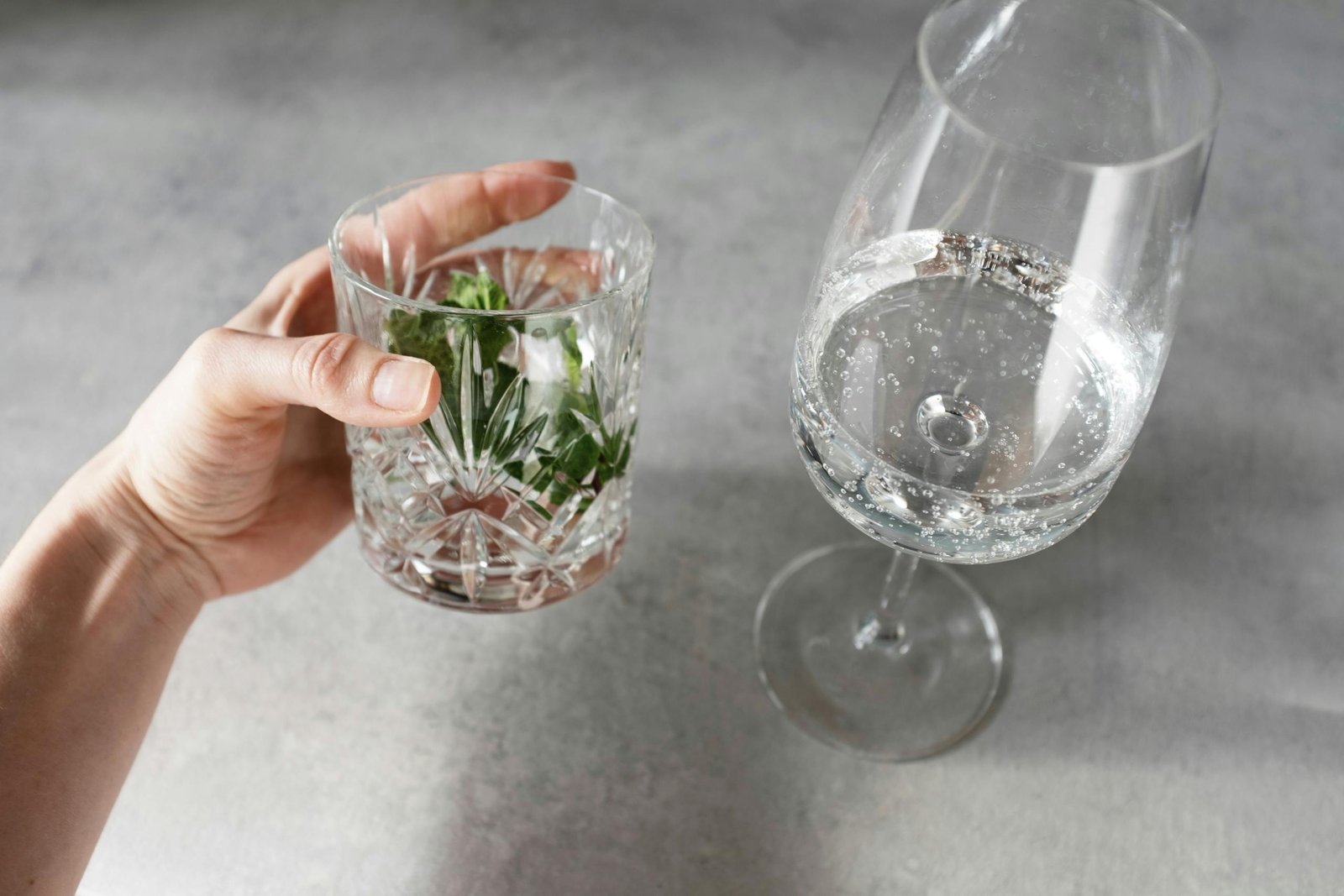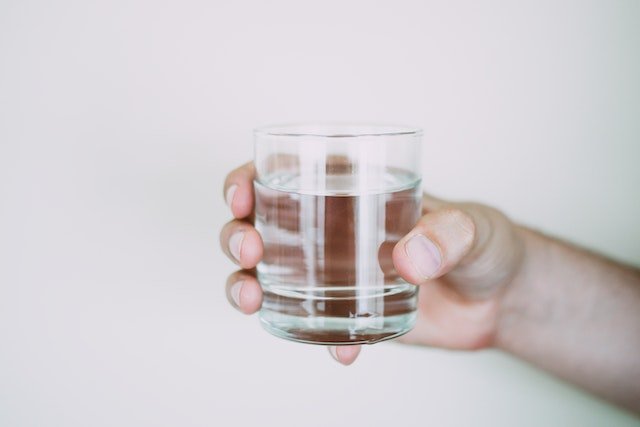Water Retention Causes and Tips to Avoid Bloating
There are some affiliate links below, but they are all products I highly recommend. For more info, view my disclosure here.
Are you tired of feeling bloated and uncomfortable due to water retention?
In this article, we will explore the common causes of water retention and provide you with practical tips to avoid bloating.
Discover how your diet, lifestyle choices, and natural remedies can help reduce water retention.
Plus, we’ll share exercise tips and long-term strategies to prevent water retention from becoming a recurring issue.
Say goodbye to bloating and hello to a more comfortable you!
Understanding Water Retention
You can better understand water retention by learning about its causes and effects.
Water retention, also known as edema, occurs when excess fluid builds up in the body’s tissues. There are several factors that can contribute to water retention, such as a high intake of sodium, hormonal fluctuations, certain medications, and underlying health conditions like kidney or heart disease.
When your body retains water, you may experience swelling in the hands, feet, ankles, or legs, as well as a feeling of heaviness or bloating. Water retention can also lead to weight gain and discomfort.
Understanding the causes of water retention is essential in finding ways to alleviate it. By identifying the underlying cause, you can better address the issue and take steps to prevent or reduce water retention.
One of the most common causes is a high intake of sodium, as excessive sodium can cause your body to hold onto water. Therefore, it’s important to watch your sodium intake and opt for low-sodium alternatives when possible. Additionally, hormonal changes, especially during menstruation or pregnancy, can contribute to water retention.
Staying hydrated, maintaining a balanced diet, and engaging in regular physical activity can help regulate hormone levels and reduce water retention.
Common Causes of Water Retention
Feeling swollen and puffy? It’s often due to factors like high sodium intake, hormonal changes, and certain medications. If you consume too much sodium, your body retains water to maintain a balance. This can result in bloating and discomfort. Hormonal changes, such as those during the menstrual cycle or pregnancy, can also cause water retention. The fluctuation in hormones affects the body’s fluid balance, leading to swelling. Additionally, some medications, like certain antidepressants or nonsteroidal anti-inflammatory drugs (NSAIDs), can cause water retention as a side effect.
To avoid bloating and reduce water retention, there are a few tips you can follow. First, watch your sodium intake. Try to limit processed foods, as they’re often high in sodium. Instead, opt for fresh and whole foods. Additionally, drinking plenty of water can actually help flush out excess fluids and reduce swelling. It may seem counterintuitive, but staying hydrated is key. Furthermore, incorporating regular physical activity into your routine can help improve circulation and prevent water retention.
Finally, consider speaking with your healthcare provider if you suspect that medications are causing your water retention. They may be able to adjust your dosage or prescribe an alternative.
The Role of Diet in Water Retention
When it comes to managing water retention, your diet plays a crucial role in determining the amount of fluids your body retains. By making a few simple changes to what you eat and drink, you can help reduce bloating and discomfort caused by excess water in your body.
Firstly, it’s important to stay hydrated. Contrary to what you may think, drinking plenty of water actually helps flush out excess fluids from your system. Aim to drink at least eight glasses of water a day to maintain a healthy fluid balance.
Next, watch your sodium intake. Consuming too much salt can cause your body to retain water. Be mindful of processed foods, as they often contain high amounts of sodium. Opt for fresh, whole foods instead, and season your meals with herbs and spices instead of salt.
Additionally, try to incorporate foods that are natural diuretics into your diet. These include foods like cucumbers, watermelon, celery, and asparagus. These foods can help increase urine production and flush out excess water from your body.
Finally, limit your intake of alcohol and caffeine, as they can contribute to dehydration and water retention. Instead, opt for herbal teas or infused water to stay hydrated.
Lifestyle Factors That Contribute to Water Retention
One factor that can contribute to excess fluid in your body is a sedentary lifestyle. When you lead a sedentary lifestyle, meaning you spend most of your time sitting or lying down and don’t engage in regular physical activity, your body can struggle to regulate fluid balance.
Physical activity helps your body circulate fluids and prevents them from pooling in certain areas, such as your legs and feet. When you don’t move enough, fluid can accumulate and lead to bloating and water retention.
To avoid excess fluid in your body, it’s important to incorporate regular exercise into your daily routine. Engaging in activities like walking, jogging, or swimming can help improve your blood circulation and prevent fluid buildup. Additionally, it’s crucial to take breaks from sitting or lying down for prolonged periods. Stand up, stretch, and move around every hour or so to keep your body active and fluid flowing.
Furthermore, maintaining a healthy diet and managing your sodium intake can also help prevent water retention. Consuming too much sodium can cause your body to retain water, so it’s important to limit your consumption of processed foods and opt for fresh, whole foods instead. Eating foods rich in potassium, such as bananas and leafy greens, can also help balance your body’s fluid levels.
Natural Remedies to Reduce Water Retention
If you’re looking for natural remedies to reduce fluid buildup in your body, herbal teas like dandelion or nettle can help promote diuresis and flush out excess water.
These teas have diuretic properties that can stimulate the kidneys to increase urine production and eliminate water retention.
Dandelion tea, for example, has been used for centuries as a natural diuretic and detoxifying agent. It contains compounds that enhance kidney function and increase urine output.
Nettle tea, on the other hand, has diuretic and anti-inflammatory properties that can reduce water retention and bloating. It also contains minerals like potassium that help maintain fluid balance in the body.
To make these herbal teas, simply steep a tablespoon of dried dandelion leaves or nettle leaves in a cup of hot water for about 10 minutes.
Drink this tea up to three times a day to promote diuresis and reduce fluid buildup in your body.
Remember to consult with a healthcare professional before incorporating any new herbal remedies into your routine, especially if you’ve any underlying medical conditions or are taking medications.
Exercise Tips to Minimize Water Retention
To minimize fluid buildup in your body, incorporating regular exercise into your routine can be beneficial.
Exercise helps to improve circulation, which in turn reduces water retention. When you engage in physical activity, your muscles contract and relax, creating a pumping effect that helps to move excess fluid out of your tissues and into your bloodstream. This fluid can then be filtered and eliminated by your kidneys. Additionally, exercise stimulates sweat production, which allows your body to release excess water through your pores.
When it comes to choosing exercises to minimize water retention, cardiovascular activities are especially effective. Running, cycling, swimming, and brisk walking are all great options. These exercises not only get your heart rate up, but they also help to improve lymphatic drainage, which aids in reducing fluid buildup.
Strength training exercises, such as weightlifting, can also be beneficial as they help to increase muscle mass, which in turn improves circulation.
It’s important to note that consistency is key when it comes to exercise and reducing water retention. Aim for at least 30 minutes of moderate-intensity exercise most days of the week. Remember to stay hydrated during your workouts, as dehydration can actually worsen water retention.
Long-Term Strategies for Preventing Water Retention
When trying to prevent fluid buildup in your body over the long term, it’s important to maintain a balanced diet and avoid excessive sodium intake.
A balanced diet that includes a variety of fruits, vegetables, whole grains, lean proteins, and healthy fats can help regulate your body’s water balance. These foods are rich in essential nutrients and fiber, which can support proper hydration and digestion.
Additionally, reducing your sodium intake is crucial as high levels of sodium can lead to water retention. Be mindful of processed foods, canned soups, condiments, and fast food, as they tend to be high in sodium. Instead, opt for fresh, homemade meals seasoned with herbs and spices.
Staying hydrated is also key to preventing fluid buildup. Drink plenty of water throughout the day to support healthy kidney function and flush out excess fluids.
Lastly, regular physical activity can help prevent water retention by promoting circulation and reducing inflammation. Incorporate exercises like walking, swimming, or cycling into your routine to keep your body moving and maintain a healthy fluid balance.







